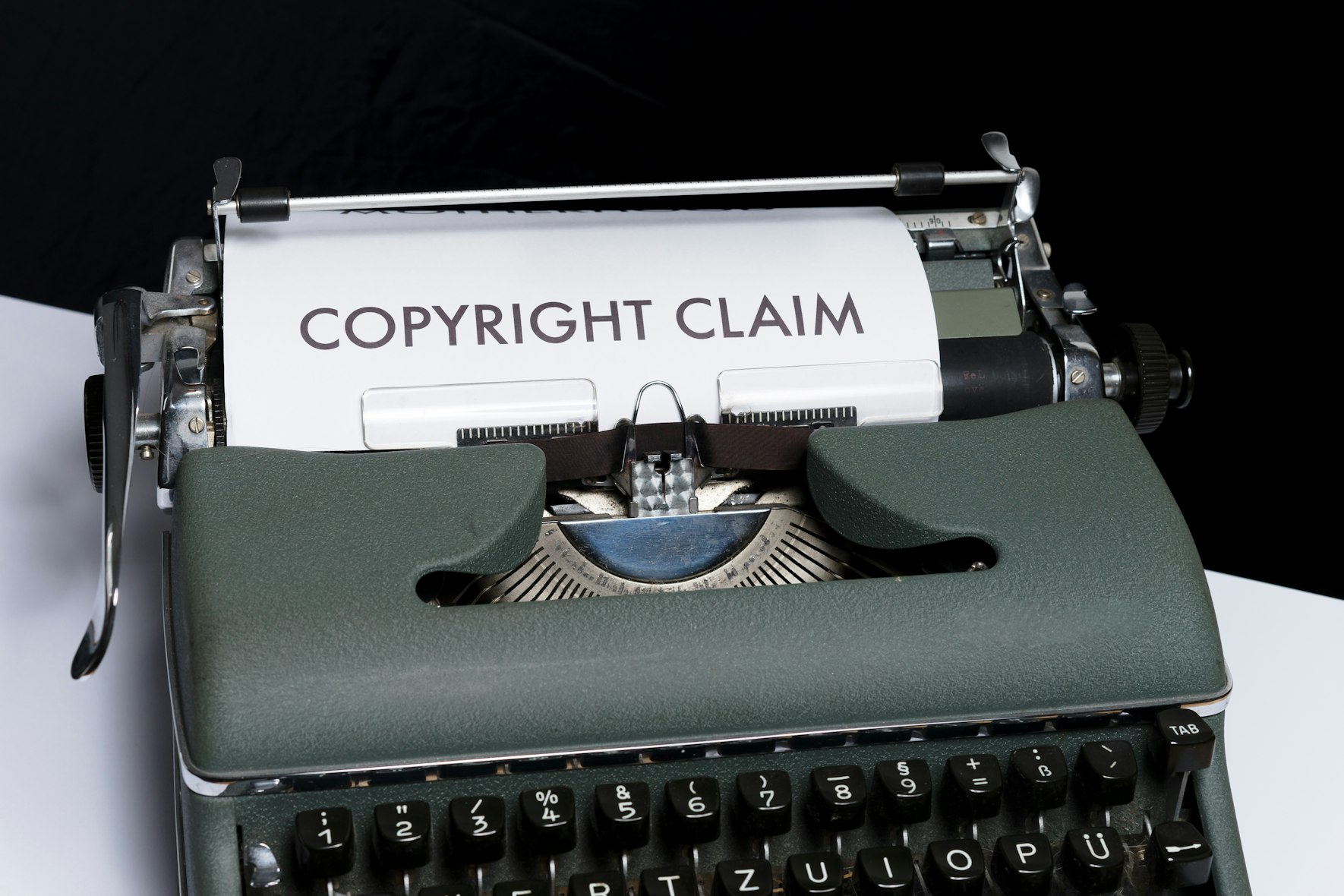Focus Keyword: Proclamation of Independence of Bangladesh – The First Constitution
Many of us have not known about the first constitution of Bangladesh. ‘The Proclamation of Independence’ is the first constitution of Bangladesh. During the continuance of Liberation War, on tenth April, 1971, this constitution was written and drafted. Although the person who was made president and given all the powers including legislative and executive authority was not present due to an illegal capture by the then Pakistani government.
The first constitution was given a force of Law through its own native authority.(1) Thus, there is no question as to the validity of this document. Besides this, since the elected representatives of 70’s election made the Proclamation; it reflected the will of the people. (2)
One may think that how this Proclamation got international recognition. Actually, there is a provision in an international Treaty which says “All peoples have the right of self-determination. By virtue of that right they freely determine their political status and freely pursue their economic, social and cultural development.”(3) And how did the people of Bangladesh recognize the Proclamation? We have said it earlier. [2nd Para last line]
The features of ‘The Proclamation of Independence’
The most important end of the proclamation of Independence was to confirm the declaration already made by Bangabandhu Sheikh Mujibur Rahman in an effort to constitute Bangladesh as a sovereign people’s republic.(4) The Proclamation then accorded the status of President and of Vice-President of the republic to Bangabandhu Sheikh Mujibur Rahman and Syed Nazrul Islam accordingly.(5) The proclamation also declared that the president shall be the supreme commander of all the armed forces of the republic (6) and have all the executive and legislative powers of the republic (7).
Furthermore, the president was also given the authority to appoint a prime-minister and such other ministers as he considers necessary (8), levy taxes and expend monies (9), summon and adjourn the constituent assembly (10) and do all other things that may be necessary to give the people of Bangladesh an orderly and just government.(11)
In the event of there being no president, or president unable to perform his duty for any reason whatsoever, the vice-president shall have and exercise all the powers, duties and responsibilities conferred on the president. (12)
The proclamation also abided by the rules of the Charter of the United Nations. (13)
Though the proclamation was made on 10th April, 1971, it gave a retrospective effect and for the effect it would be deemed to have come into effect from 26th day of March, 1971. (14)
From the above discussion, we have clearly understood that the first constitution of our country vested all the powers including legislative and executive power to the President Bangabandhu Sheikh Mujibur Rahman. And the first government was a presidential form of government system.
Meanwhile, the Laws Continuance Enforcement Order 1971 was passed by the acting president on 10th April, 1971. It also gave retrospective effect and provided that “all laws that were in force in Bangladesh on 25th march, 1971, shall subject to the Proclamation aforesaid continue to be so in force with such consequential changes as may be necessary on account of the creation of the sovereign independent state of Bangladesh formed by the will of the people of Bangladesh.”
The president Bangabandhu Sheikh Mujibur Rahman arrived Dhaka after the Liberation War on 10th January, 1972 and in the next day he promulgated ‘The Provisional Constitution of Bangladesh order, 1972’ by the power conferred on him by The Proclamation of Independence.
However, this order just dropped down the presidential form of government system and introduced parliamentary form of government system. The president though didn’t lose all power to legislate. The Acting president made 4 orders and the President promulgated 154 president’s orders. Total 158 orders were promulgated till the constitution came into force. But interestingly the Rule by presidential decree was not over when the constitution of Bangladesh came into force on the 16th December, 1972. Paragraph 3(2) of the fourth schedule to the constitution authorized the President to legislate till parliament first meets after the first general election. (15)
The president’s legislative process was beyond the scrutiny of any authority including parliament from the 16th December 1971 till the constitution came into force on the 16th December 1972. (16)
Thus a bulk of Laws with which the country is being governed today was not made by parliament. (17)
The president’s power was not beyond question when he turned the government into parliamentary form from presidential form by the Provisional Constitution of Bangladesh order, 1972. In the case of A.K.M Fazlul Hoque vs. State 26 DLR (SC) 11, it was a crucial issue,”whether the proclamation had invested the president designated by it with the power to make a legislation affecting the system of government.” (18)
The issue was just answered in the way that “obviously, the expression ‘ legislative powers of the republic’ is of the widest amplitude and admits of no limitation. The proclamation in our view empowered the president designated by it to make any law or legal provisions, even of a constitutional nature.” (19) Thus, the learned judges found no contention in which they could rely themselves on the matter of non-legal aspect of changing the government form by the president.
However, there were several other issues regarding Laws Continuance Enforcement Order, 1971. In The case of Dulichand Omaraolal vs Bangladesh 33 DLR (AD) 30, the issue was whether the Enemy Property (Continuance of Emergency Provisions) Ordinance 1969 was included into our legal system by Laws Continuance Enforcement Order 1971. The learned court found no illegality in the law as a valid piece of legislation.
But if the laws were promulgated by the regulation of martial Law administrator of Pakistan between 26-3-21 and 16-12-72 those laws cannot be treated as an existing law of Bangladesh in the light of the Proclamation of Independence, Laws Continuance Enforcement Order and Paragraph 3(1) of the fourth schedule to the constitution of Bangladesh.(20)
Footnotes:
- Trends and Issues, Justice Mustafa Kamal- Page 4
- The proclamation of Independence – Para (10)
- ICCPR – part 1, article 1
- Supra note 2, Para (13)
- Ibid, Para (14)
- Ibid, Para (15)
- Ibid, Para (16)
- Ibid, Para (17)
- Ibid, Para (18)
- Ibid, Para (19)
- Ibid, Para (20)
- Ibid, Para (21)
- Ibid, Para (22)
- Ibid, Para (23)
- Supra note 1, page 6, Para 2
- Ibid, page 6, Para 1
- Ibid, page 6, Para 3
- K.M Fazlul hoque vs State 26 DLR (sc) 14 paragraph 10
- Ibid, page 14 paragraph 11
- Supra note 1 , Page 11 / Md. Yahya vs Govt. of Bangladesh 35 DLR (HCD) 182
━━┅━━━┅━━
Copyright: Any unauthorized use or reproduction of Bangladesh Law Digest (BDLD) content for commercial purposes is strictly prohibited and constitutes copyright infringement liable to legal action.












